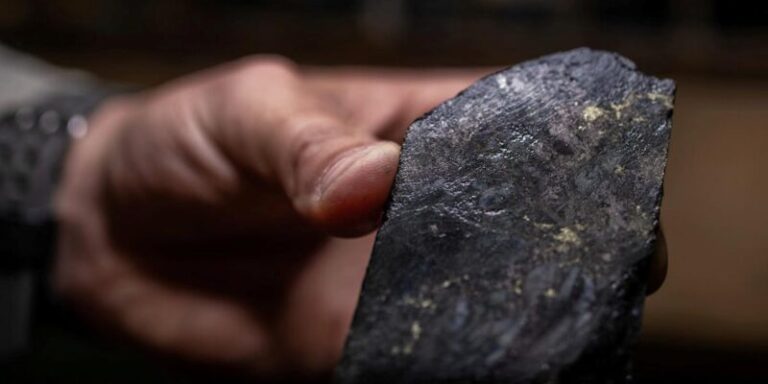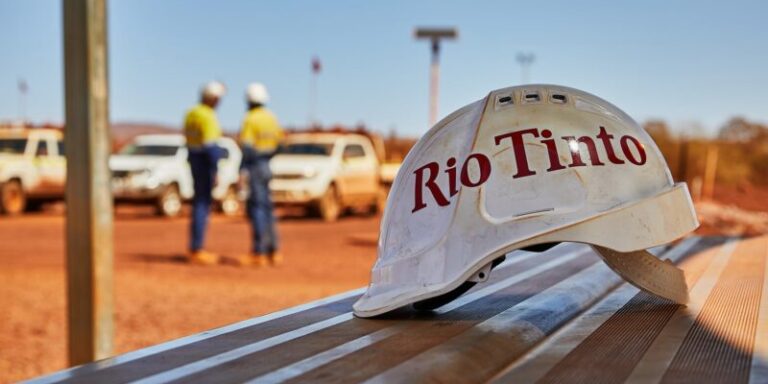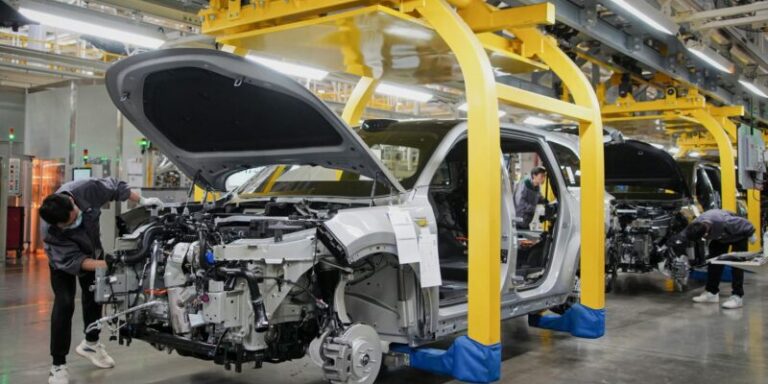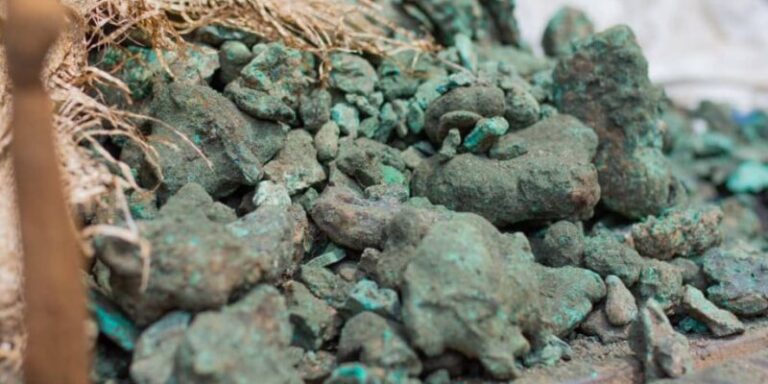
Canadian rare earth and metals recycler Cyclic Materials Inc. has entered into a multi-year agreement to supply Glencore with at least 10,000 metric tons of recycled copper.
This partnership comes as the demand for copper is expected to rise significantly in the coming years, according to Cyclic Materials’ CEO, Ahmad Ghahreman.
Under the deal, Cyclic Materials will provide copper scrap to Glencore, which will refine it at its Horne Smelter and Copper Refinery in Quebec. The Horne Smelter is recognized as North America’s largest recycler of copper and precious metals.
Copper plays a critical role in electric vehicles, renewable energy, and artificial intelligence data centers, driving its demand to unprecedented levels.
Analysts project a supply deficit of 1.7% by 2035, with copper prices already hitting record highs this year. Building a new copper mine can take over a decade and cost up to $5 billion, making recycled copper a strategic resource.
Cyclic Materials recycles copper and rare earths from end-of-life electric vehicle motors, wind turbines, MRI machines, and electronic scrap from data centers. Deliveries under this agreement are expected to commence by late 2025.
Ahmad Ghahreman emphasized the importance of reducing copper’s carbon footprint and promoting metal reuse as critical topics for the mining industry.
While the financial terms remain confidential, the agreement is benchmarked to the price of high-grade scrap copper, which trades at a slight discount to the London Metal Exchange (LME) copper price. Currently, three-month copper on the LME is trading just above $9,200 per metric ton.
Kunal Sinha, Glencore’s Global Head of Recycling, highlighted the significance of this partnership in diversifying Glencore’s copper recycling sources.
This collaboration broadens the company’s recycling capabilities as it leverages materials from new suppliers.
The partnership underscores the strategic importance of recycled copper in meeting future demand while addressing environmental and social challenges tied to traditional mining.





